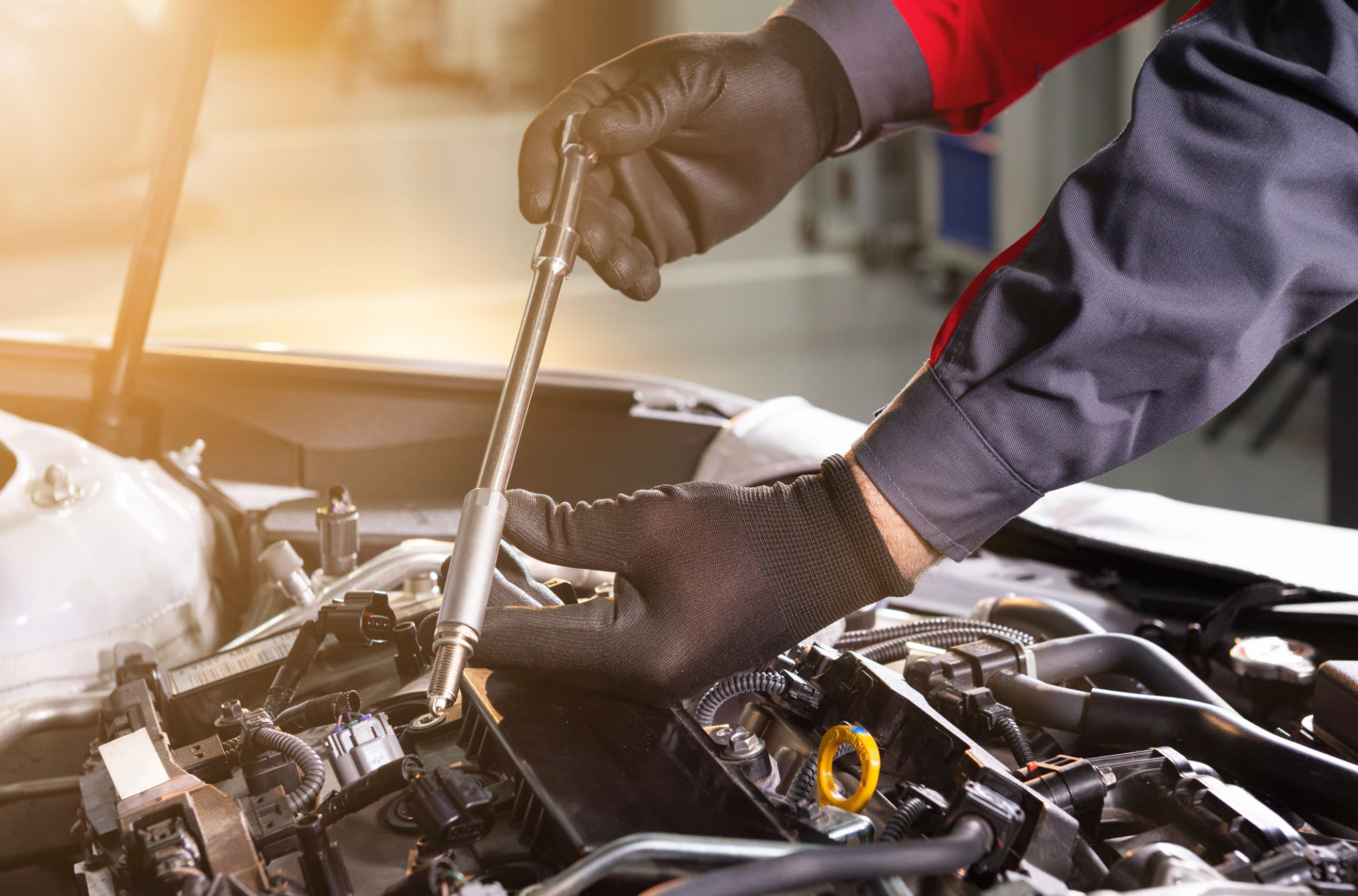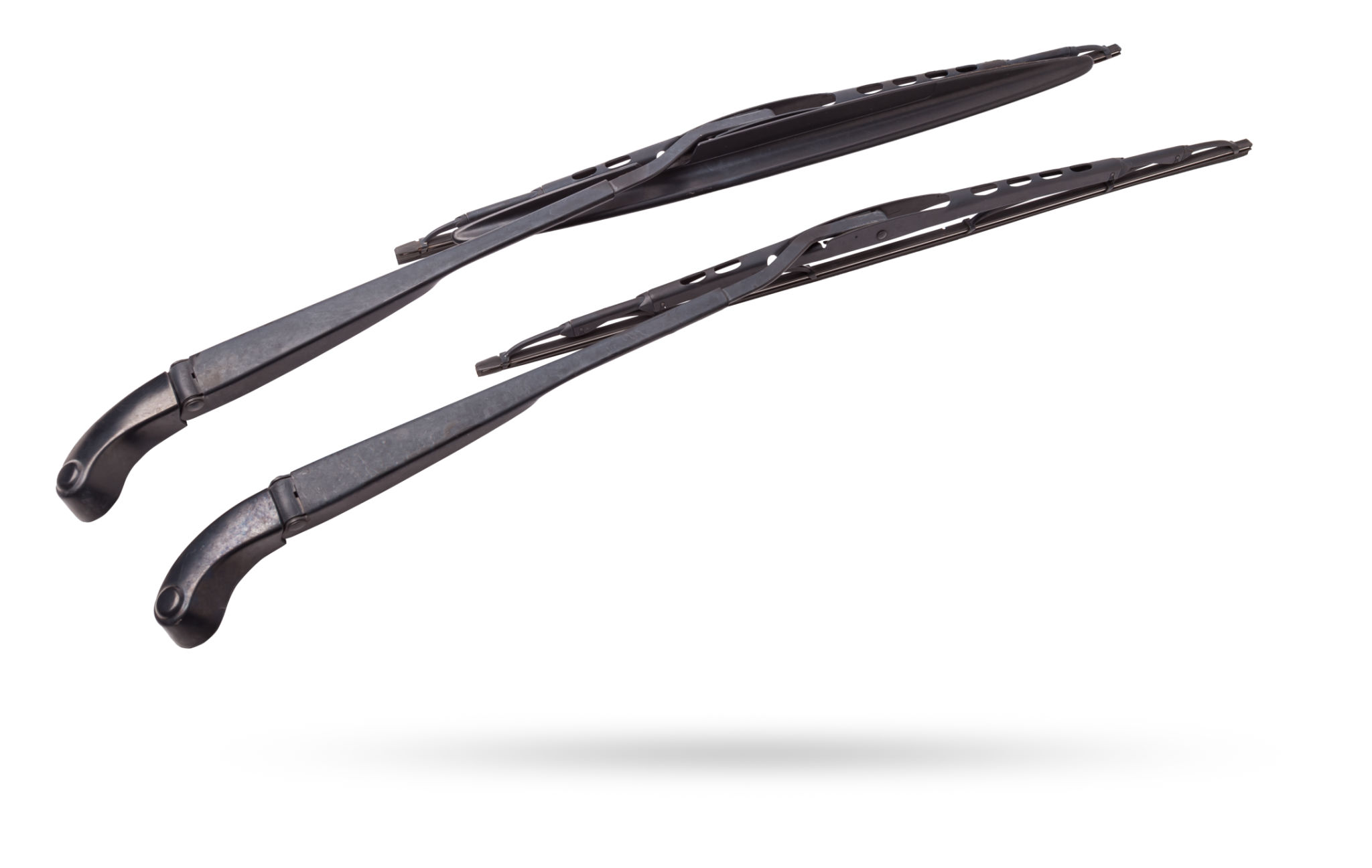How to Prepare Your Car for Seasonal Changes: Expert Tips
Understanding the Impact of Seasonal Changes on Your Car
As the seasons change, so do the demands on your car. Weather conditions can greatly impact your vehicle's performance and longevity. Preparing your car for these changes ensures that it runs efficiently and safely. Whether it's the heat of summer or the chill of winter, understanding how seasonal shifts affect your car is the first step in maintaining it properly.

Assessing Your Tires
Your tires are your car's only contact with the road, making their condition crucial for safety and efficiency. During seasonal changes, temperature fluctuations can affect tire pressure. Regularly check your tire pressure and ensure it aligns with the manufacturer's recommendations. In colder months, consider switching to winter tires that provide better traction on icy roads.
Checking Battery Health
Extreme temperatures can take a toll on your car's battery. Cold weather can reduce its capacity, while excessive heat can lead to battery fluid evaporation. To avoid getting stranded, have your battery tested before the onset of harsh weather. If it's more than three years old, replacing it might be a wise investment.

Maintaining Fluid Levels
Fluid levels in your vehicle play a critical role in its performance. Ensure that your oil, coolant, and windshield washer fluid are at proper levels. During winter, switch to winter-grade oil to ensure optimal engine performance. In summer, keep an eye on the coolant to prevent overheating.
Inspecting Wiper Blades
Effective windshield wipers are essential for clear visibility during rain or snow. Over time, wiper blades can crack or lose their effectiveness. Before the wet season begins, inspect them for any signs of wear and replace them if necessary. It's a small investment that can make a significant difference in your driving safety.

Ensuring Proper Lighting
As days get shorter in fall and winter, your car's lighting becomes more critical. Check that all headlights, taillights, and indicators are functioning correctly. Replace any burnt-out bulbs and clean the lenses to maximize visibility. Proper lighting is essential for both seeing and being seen on the road.
Protecting Your Car’s Exterior
Seasonal weather conditions can be harsh on your car's exterior. Applying a good wax before winter can protect the paint from snow and salt damage. In summer, consider using a UV protectant to shield the paint from sun damage. Regular washes will also help maintain your car's appearance and prevent rust.
By taking these proactive steps, you can ensure that your car remains in top condition year-round. Seasonal preparation not only enhances safety but also prolongs your vehicle's lifespan, saving you money in the long run.
